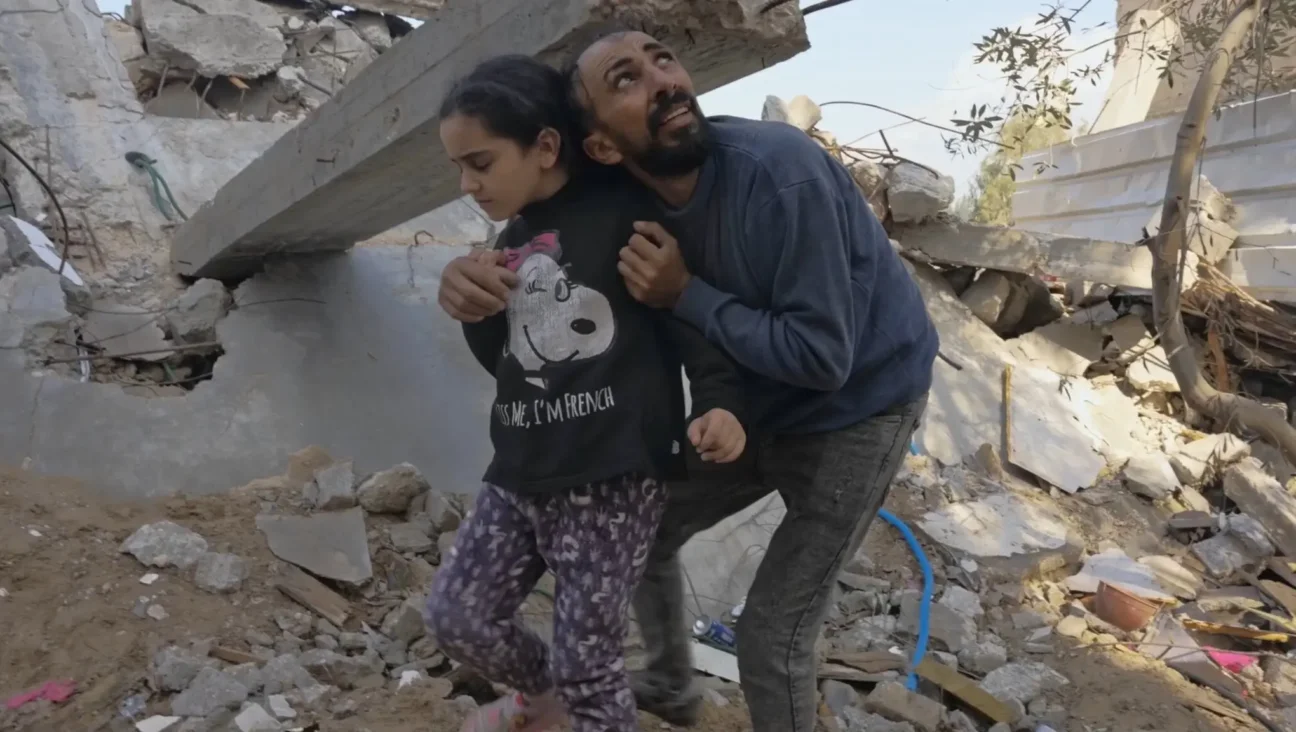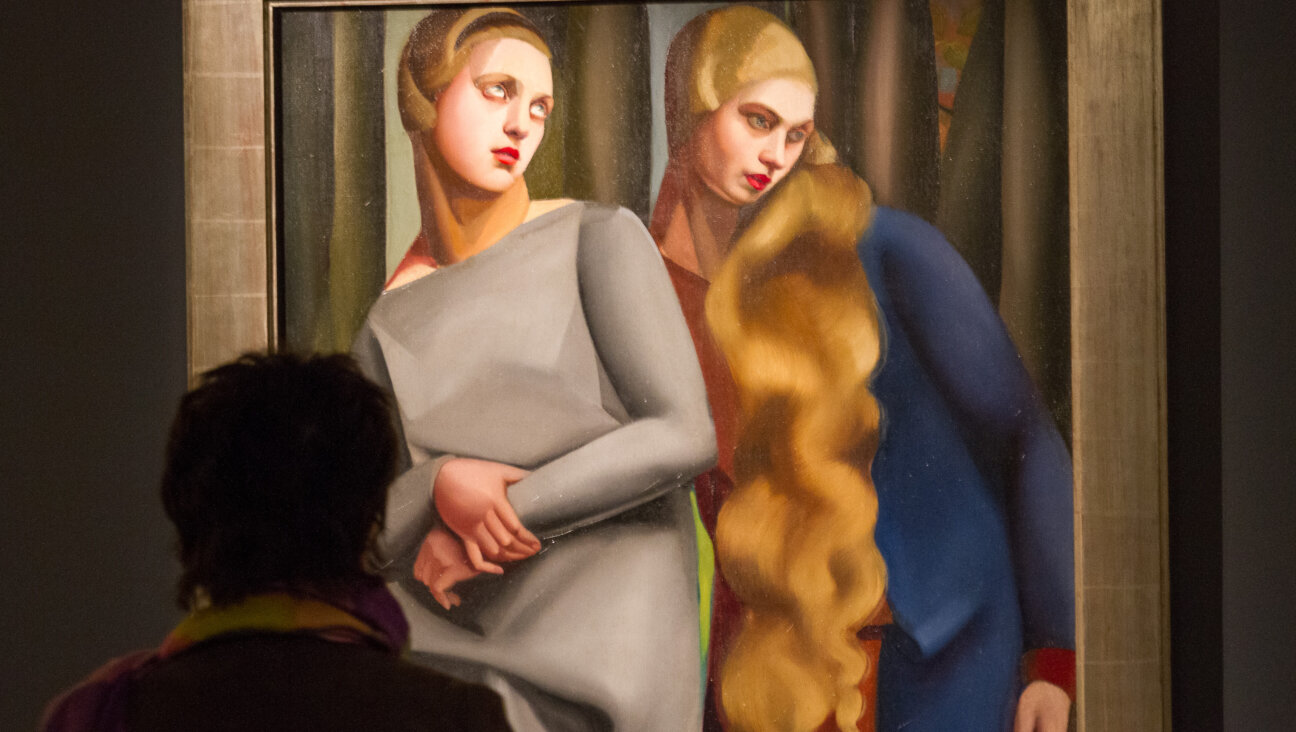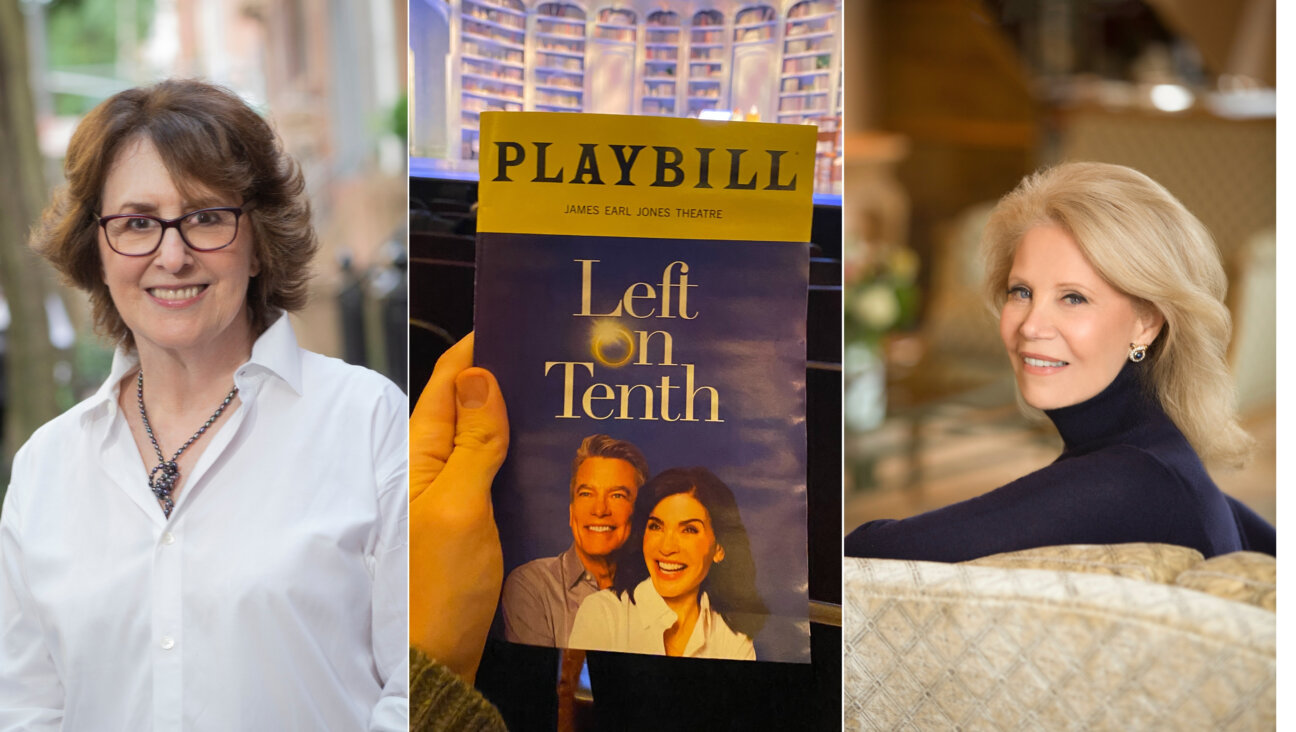Poland Looks to Hollywood To Transform Wartime Image (and Shift Holocaust Narrative)

Image by Getty Images
WARSAW — Poland’s new conservative rulers think their country faces an image problem abroad and they want Hollywood to produce a Polish equivalent of “Braveheart” or “Pearl Harbor” to promote their country’s positive place in history.
They also are looking to alter the narrative when it comes to Poland, where most of the Nazi death camps were located.
The right-wingers believe a major movie would make Poland feel proud of its achievements and win it more respect on the world stage at a time when many citizens are falling behind financially.
Critics say the government wants to exploit growing feelings of nationalism in order to boost its popularity and divert public attention from economic problems.
RELATED:
But, by putting an emphasis on patriotism, the government also risks stirring up more xenophobia at a time when Europe is grappling with a massive influx of refugees from the Middle East.
“There is no internationally recognized film about Polish history. I regret this,” Culture Minister Piotr Glinski told Reuters in an interview.
“Why is this important? Every community needs something that brings it together … in order to build its strength and to win, or rather, not to lose, on the world stage. Economically and politically,” he said.
Glinski’s eurosceptic Law and Justice party (PiS) won an election in October promising greater economic equality and a nationalist response to growing influence from Brussels.
PiS has since announced plans for a major public relations campaign at home and abroad, including the possible film venture, as well as a drive to make schools, theaters and public television promote more patriotic themes.
Glinski, who is the most senior member of the cabinet after the prime minister, said the film could for example tell the story of the 1683 battle of Vienna or the 1944 battle of Monte Cassino, the latter one of the toughest in World War Two.
In Vienna, Poles helped defeat the Turks in what marked the end of the Ottoman Empire’s expansion into Europe.
“Almost every wartime story of a Polish soldier is a ready-made script,” Glinski said. The film would “tell the world who has protected our civilisation.”
Asked if there were any movies that could serve as a model for the government’s plans, he said: “Yes, there are many, particularly American ones: Saving Private Ryan or Pearl Harbor. The well-known patriotic production about the heroic history of the Scots – Braveheart – can also be used as an example.”
Glinski said the goal was a “Hollywood-level” film and the government had been in touch with potential producers, although he did not say who they were.
COMPLICATED PAST
Another subject Glinski said should be addressed was Poland’s relations with its Jewish community during the Nazi Holocaust, potentially reopening a painful debate that has dominated the Polish media in recent years.
A series of books and films have revealed that Poles were not only the victims of the Nazis but, sometimes, also the perpetrators of crimes against the Jews.
This has raised questions of collective guilt and reconciliation in a nation taught to believe under communism that, with a few exceptions, it had conducted itself honorably during a war that killed a fifth of the population.
It has also contradicted the view of many Poles that their centuries-old cohabitation with Jews was one of the most harmonious in Europe. Of the six million Jews who died during the Holocaust, about half had been living in Poland.
“Poland’s image abroad suffers because, sometimes, Poland is said to be co-responsible for the Holocaust,” Glinski said. “It is disturbing that Poland is ascribed fault here.”
Last year, the Polish drama “Ida,” a story of a Polish-Jewish orphan searching for her identity and family history, won the Oscar for best foreign language film but attracted heavy criticism from Polish nationalist groups.
Its director says the film – in which the protagonist is told by her parents’ Polish neighbor that he killed them during the war – is a tale of human experience not history.
But some in Poland said it misrepresented reality.
Glinski said Poland could make a film about a Polish family that had hidden Jews from the Nazis during the war, in an effort to contradict revelations that some Poles had actively helped the Nazis in their genocidal campaign.
Critics say reopening the issue would damage Poland’s efforts to come to terms with its complicated past.
“Every nation is guilty of something,” said Konstanty Gebert, an expert with the European Council on Foreign Relations, a think-tank, in Warsaw.
“But that image improves when you discuss it and admit to it. This can earn you respect.”—Reuters
A message from our Publisher & CEO Rachel Fishman Feddersen

I hope you appreciated this article. Before you go, I’d like to ask you to please support the Forward’s award-winning, nonprofit journalism so that we can be prepared for whatever news 2025 brings.
At a time when other newsrooms are closing or cutting back, the Forward has removed its paywall and invested additional resources to report on the ground from Israel and around the U.S. on the impact of the war, rising antisemitism and polarized discourse.
Readers like you make it all possible. Support our work by becoming a Forward Member and connect with our journalism and your community.
— Rachel Fishman Feddersen, Publisher and CEO























